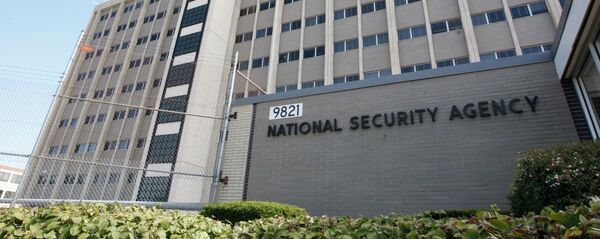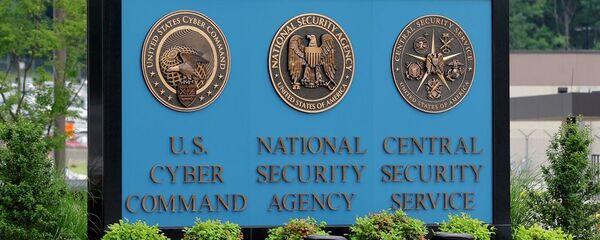A new set of documents from those leaked by Edward Snowden were revealed by the Intercept in May, detailing the NSA's advancements in voice recognition technology and their potential to turn masses of voice recordings — like phone calls — into searchable text.
The technological breakthroughs would erode limitations on doing such a mass collection of actual communications content — the manpower needed to transcribe them. The automation of transcription opens the door to previously impractical levels of eavesdropping.
But although the Snowden documents outlined the technologies that could be used in speech-to-text operations, they didn't detail the extent to which that technology has actually been put to use.
And the government hasn't been keen to fill the public in on that topic.
"I’m not specifically acknowledging or denying the existence of any particular capability," Robert Litt, general counsel for the Office of the Director of National Intelligence, told the Intercept in one particularly not helpful non-answer to questions about the transcription technologies.
"I’m only saying that the focus needs to be on what are the authorities the NSA is using, and what are the protections around the execution of those authorities?"
And those authorities, as far as available documentation indicates, are still around.
The contentious Section 215 of the Patriot Act expired June 1, but only applied to the collection of metadata — the who, when, and where of a call — but not the what, not the content of the call itself.
Section 702 Isn't Going Anywhere
But the Foreign Intelligence Surveillance Act (FISA) is still going strong, and two major surveillance programs legally based in FISA's Section 702 — PRISM and Upstream — allow for the collection of voice recordings.
The Prism program, for one, collects data from Internet communications — which includes audio and video recordings that could potentially end up being processed by the NSA's voice transcription programs and added to a massive searchable database.
— Matthew Keys (@MatthewKeysLive) May 28, 2015
The communications — on sites like Facebook, Skype or through the systems of Google or Apple — are those of "targeted individuals," but would also include anyone communicating with them. There's no way of knowing how much video or audio has been swept up via this process, and the NSA won't say whether they've applied the speech-to-text programs to those files.
Upstream is the second program based on Section 702 of FISA, and this is the one that takes communications directly from cables connected to the US that are managed by telecom companies like Verizon or AT&T.
These cables are the internet "backbones" that carry most of the world's communications, and, a leaked slide from GCHQ (The UK has a similar program, Tempora) expressly says they are intent on "Mastering the Internet."
This program is supposed to target non-US persons residing outside the United States, but the Privacy and Civil Liberties Oversight Board (PCLOB), in their report on the Section 702 programs, warns that even that restriction inevitably leads to the sweeping up of US data.
"Even though US persons and persons located in the United States are subject to having their telephone conversations collected only when they communicate with a targeted foreigner located abroad, the program nevertheless gains access to numerous personal conversations of US persons that were carried on under an expectation of privacy."
In a transparency report, the Office of the Director of National Intelligence acknowledged that, in 2013, Upstream collected calls to and from 89,000 targets.
And again, there is no way currently to know how many of those communications are being processed into searchable text and added to a database.
Foreign Surveillance as Unfettered as Ever
And then, of course, there are all the voice communications intercepted entirely abroad — under the authority of Executive Order 12333 — on which there are virtually no restrictions.
— PatteCOM (@PatteCOM) June 8, 2015
There are those who limit their objections to NSA surveillance when they break rules and surveille Americans, but even they could be worried by, for example, the surveillance of entire countries, as the NSA did with every call in the Bahamas. Inevitably, Americans working or travelling abroad would be caught up in the dragnet.
Again, there is no way of knowing how extensive the audio archive from these massive operations might be, or how much of it is converted into searchable text.
The official NSA response to the Intercept's inquiries about the extent of the speech-to-text conversion technologies was, as always, vague.
"Regardless of the tool, analytic technique, or technology, NSA always applies rigorous protections designed to safeguard the privacy not only of US persons, but also of foreigners abroad, as directed by the President in January 2014."






